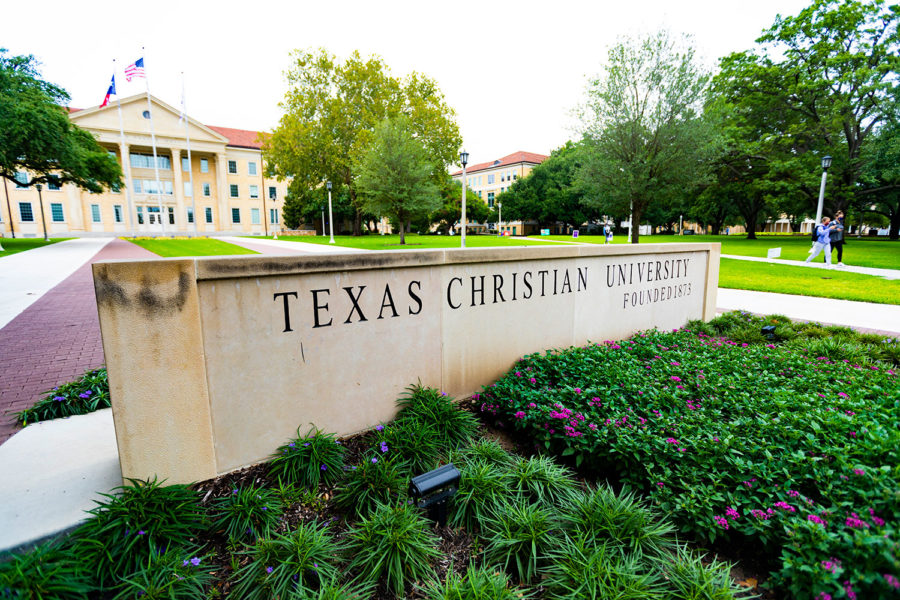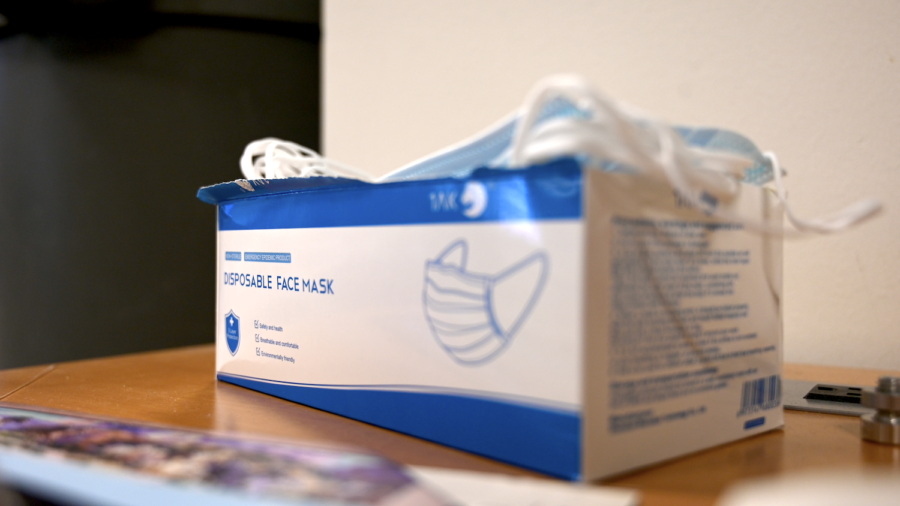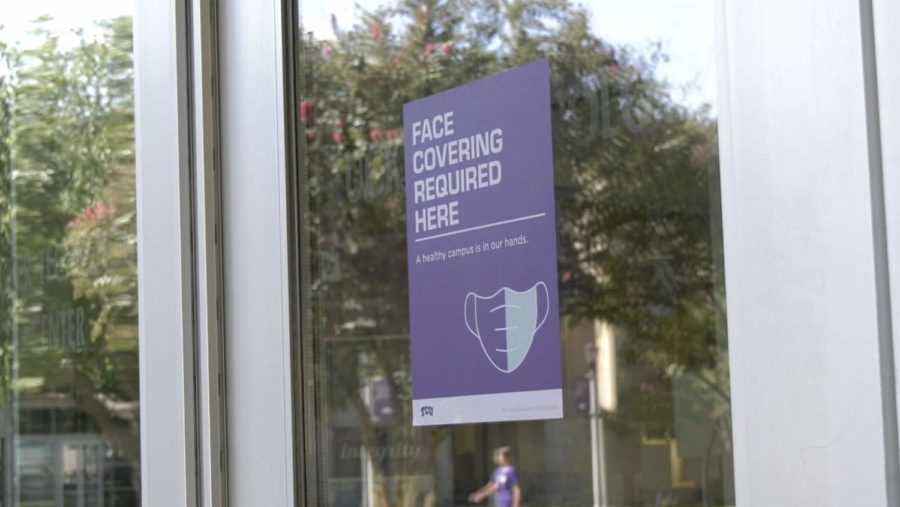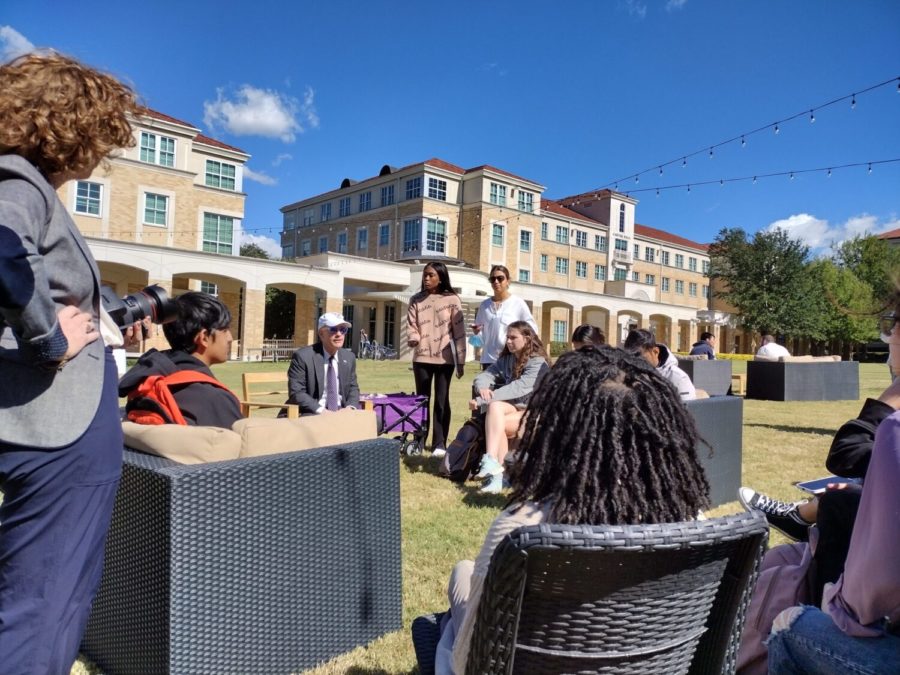TCU’s international student population has decreased this semester due to COVID-19 concerns and potential immigration restrictions.
The number of undergraduate international students at TCU increased to 447 in 2019 from 429 in 2015. This year, that number has fallen to 388, the lowest since 2008.
Director of International Admissions Karen Scott said before the pandemic, the number of international student deposits for the 2020-2021 academic year were continuing in an upward trend.
John Singleton, the director of international student services, attributed the decline to the pandemic.
Distance challenges
There are some international students who are enrolled but not physically present at TCU. For students like Harmann Chhabra, online classes presented the option to do a first semester from home.
Chhabra, a first-year student from India, was unable to get his student visa in time to attend school because the American embassies in India were closed due to the pandemic.
The 13-hour time difference between central India and Fort Worth has had Chhabra staying up all night to attend his classes. He said he misses the opportunity to get hands-on experience in his engineering classes.
In other cases, the time difference has been a deterrent for students in Europe, Africa and Asia, prompting many to defer enrollment, Scott said.
International Student Services is in contact with students who have deferred through Zoom meetings and virtual events and programs.
Despite his office’s best efforts, Singleton said he believes the current situation has ultimately “devalued the college experience” for students who have been preparing to study abroad their entire lives.
Immigration concerns
On July 6, another challenge arose for international students. U.S. Immigration and Customs Enforcement (ICE) issued a directive that would prevent students on an F-1 visa from living in the United States if they had no in-person classes to attend.
Read more: Judge reverses international student policy
International Student Services was able to work with a counsel to make sure international students could take classes in person to stay at TCU, Singleton said.
The ICE regulation was revoked a week later, but Scott said it created an environment of great uncertainty.
“At one point, we had told students that they could come, but we were really urging students to stay home,” Scott said. “One week we were advising a student to do one thing and then the following week it was something completely different.”
While she hopes there are no permanent effects, Scott said she has concerns that certain immigration policies might make prospective international applicants look elsewhere when applying for college in the future.










